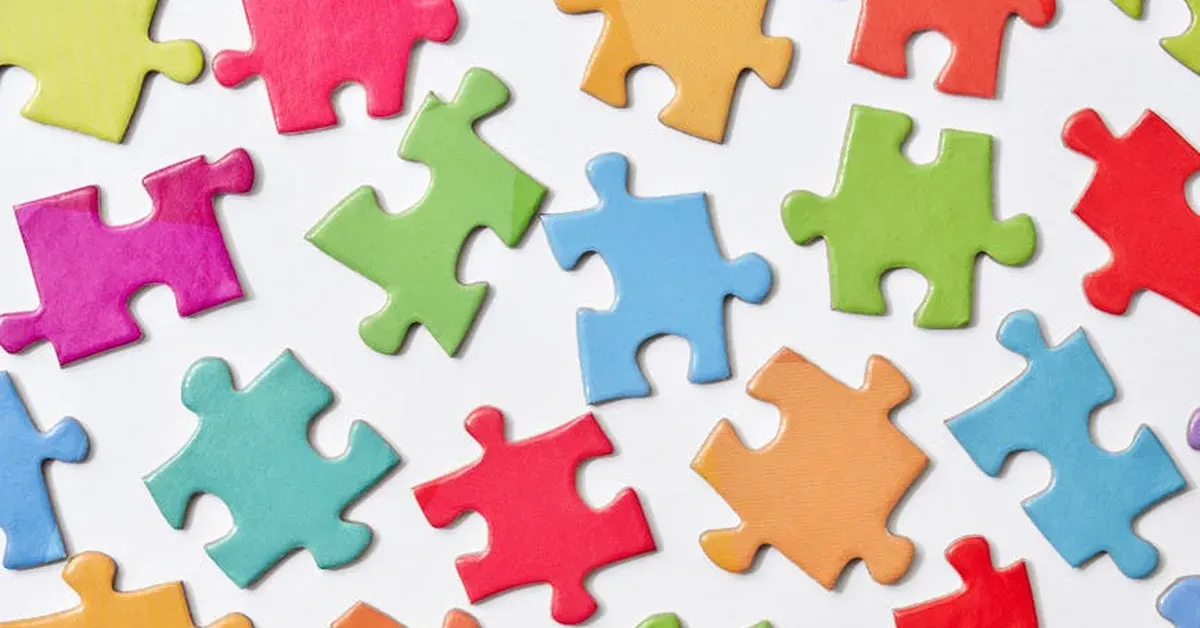
That random interaction from 7th grade suddenly cringing its way into your ceiling-staring morning? For people with ADHD, these memory ambushes aren’t just occasional visitors—they’re frequent, uninvited houseguests. New research reveals individuals with ADHD symptoms experience significantly more involuntary memories throughout their daily lives compared to neurotypical peers, potentially explaining that familiar feeling of being constantly bombarded by the past.
The groundbreaking study compared spontaneous cognition patterns between participants who scored inside the ADHD range and those who didn’t. The findings paint a fascinating picture of how differently the ADHD brain processes and retrieves autobiographical memories. Beyond just experiencing more of these random memory intrusions, people with ADHD reported their involuntary memories as less positive and more repetitive than those without ADHD symptoms.
Your Brain’s Spam Folder Has No Filter
Neurotypical brains have a relatively efficient spam filter for memories. Most irrelevant thoughts get blocked before reaching conscious awareness, allowing focus on present tasks. The ADHD brain, however, operates with a more permissive spam filter—one that lets through significantly more cognitive junk mail.
In laboratory tests, participants reported their involuntary memories on standardized measures. Those in the ADHD range not only estimated higher daily frequencies of these random recollections but also documented more actual occurrences when keeping diaries over a 48-hour period. This suggests the phenomenon isn’t just perceived but measurable.
The findings align with our understanding of executive function differences in ADHD brains, particularly around inhibitory control—the ability to suppress irrelevant or inappropriate thoughts. When this mechanism underperforms, the floodgates open to a stream of unbidden memories.
Random Thought Avalanches and Emotional Aftermath
Beyond frequency, the quality of these involuntary memories differs significantly for people with ADHD symptoms. While everyone experiences spontaneous recollections, those with ADHD described their memory intrusions as both more repetitive and less positive.
This emotional component adds another layer of complexity. Imagine your mind constantly serving up memories with a negative bias—it’s like having your internal radio stuck on a station that specializes in your most awkward moments. This pattern may contribute to the higher rates of rejection sensitivity and emotional dysregulation often observed in people with ADHD.
The repetitive nature of these memories suggests they’re not just random neural misfirings but potentially part of a different memory consolidation and retrieval system. According to researchers at the British Psychological Society, these patterns may represent a distinct cognitive feature rather than just a symptom.
When Memory Overload Becomes a Feature
What if this apparently chaotic system serves an evolutionary purpose? Some scientists speculate that heightened involuntary memory might actually be an adaptive trait in certain environments. The same memory system that ambushes you with cringe-worthy social fails might also help you notice unusual patterns and make creative connections.
This aligns with emerging views of ADHD as a different cognitive style rather than purely a disorder. The connection-heavy thinking that leads to random memory recall might also drive the out-of-box problem solving and creative thinking often associated with ADHD minds.
Working memory and inhibitory control training might help manage involuntary memory frequency, according to research exploring cognitive inhibition and spontaneous thoughts. However, rather than trying to eliminate these thought patterns entirely, some experts suggest working with them by developing metacognitive strategies—essentially learning to observe and categorize these thoughts without getting swept away.
The Peace of Mind Paradox
For many with ADHD, simply understanding this phenomenon brings significant relief. Knowing your brain isn’t broken—it’s just processing memories differently—can transform self-perception. Many ADHDers report that learning about involuntary memory patterns helped them make sense of lifelong experiences they couldn’t previously explain.
This research highlights the complex interplay between attention, memory, and emotion in the ADHD brain. Rather than viewing these involuntary memories as mere glitches, we might better understand them as features of a different cognitive operating system—one with both challenges and advantages.
As our understanding of neurodiversity expands, these findings reinforce the idea that ADHD involves fundamental differences in information processing rather than simple deficits. The mind that struggles to filter random thoughts may also be the one that makes brilliant, unexpected connections—suggesting that memory overload isn’t necessarily a bug, but potentially a feature of the remarkable ADHD brain.